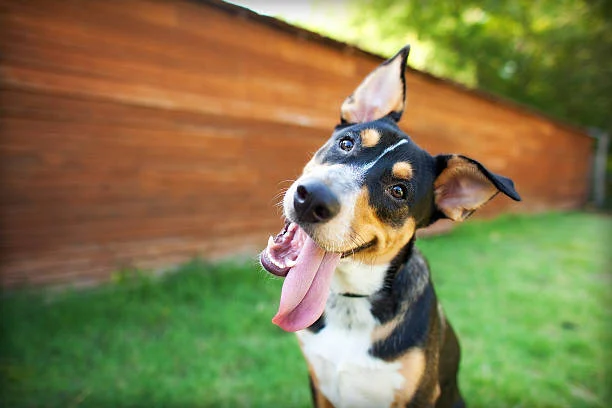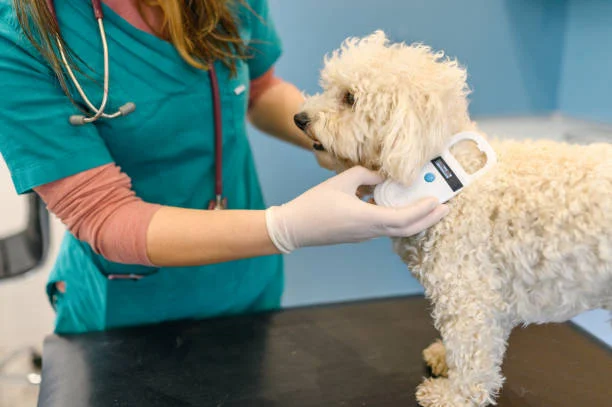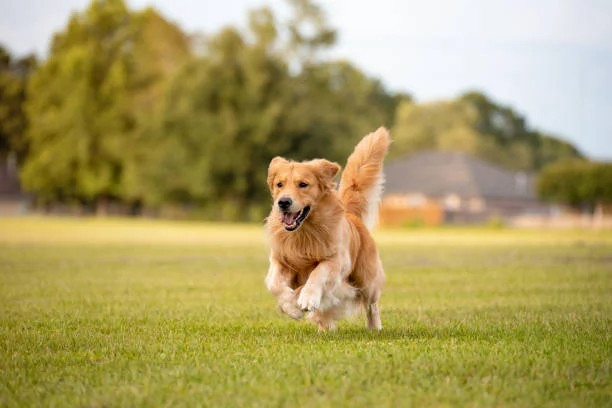Owning a dog is one of life’s most rewarding experiences, but it’s not all cuddles and tail wags—it’s also a serious responsibility. Just like parenting a child, dog ownership comes with legal expectations and obligations, especially in the UK where legislation is detailed and strongly enforced. A lack of awareness or care can easily land a pet owner in legal trouble, often with devastating consequences for both the owner and the dog. So what does the negligent dog owner law say, and how can you stay on the right side of it? Let’s break it down.
Quick Navigation
The Foundation of Dog Welfare: Animal Welfare Act 2006
At the heart of the UK’s dog ownership laws lies the Animal Welfare Act 2006, a comprehensive piece of legislation that sets out the minimum standards for animal care. Section 9 of the Act highlights the “duty of care” owed to animals. It states that all pets, including dogs, must live in a suitable environment, enjoy an appropriate diet, express natural behaviour, have the right companionship or solitude, and be protected from pain, suffering, injury, and disease.
Failure to meet these standards can result in prosecution, leading to penalties such as up to six months imprisonment, unlimited fines, disqualification from pet ownership, and even having your dog removed from your care. The negligent dog owner law is equally strict about direct cruelty, including tail docking or ear cropping, which carry up to five years in prison and a permanent ban from keeping animals.
The Dangerous Dogs Act 1991: Breed-Specific and Behavioural Laws
Under the Dangerous Dogs Act 1991, it is illegal to own, sell, breed, or give away specific types of dogs unless officially exempted. The banned breeds include the Pit Bull Terrier, Japanese Tosa, Dogo Argentino, and Fila Brasileiro. If your dog is found to be a banned breed, even if it has never caused harm, it could be seized by authorities.
To avoid destruction, owners must apply for an exemption, prove their dog is not a public danger, and meet strict conditions—muzzling in public, third-party insurance, and ensuring the dog is always on a lead. Failing to comply with any of these terms could result in criminal charges and the potential destruction of the animal.
But it’s not just breed-specific rules dog owners need to worry about. Any dog, regardless of breed, can trigger legal action if it is deemed “dangerously out of control.” If your dog causes someone to feel reasonably threatened, or injures a person or an assistance dog, the consequences can be severe. Injuring a person can lead to up to five years in prison, and harming an assistance dog can carry a three-year sentence—plus, unlimited fines and possible destruction of your dog.
Dogs and Livestock: Don’t Let Your Pet Cause Harm
The countryside offers scenic walks, but it’s also home to livestock—and letting your dog chase, attack, or even harass these animals can land you in serious legal trouble under the Dogs (Protection of Livestock) Act 1953. Livestock worrying includes not only direct attacks but also uncontrolled dogs in fields where animals like sheep are present.


If your dog causes damage or distress to livestock, you could be fined up to £1,000, and your dog may be seized or destroyed. Livestock owners are even legally permitted to shoot dogs they believe are threatening their animals—an outcome no dog owner wants to face.
Barking Dogs and Public Nuisance: Know the Limits
While barking is a natural behaviour, excessive or persistent barking—especially at night—can become a public nuisance under the Environmental Protection Act 1990. Once a neighbour makes a formal complaint, local authorities are obligated to investigate. If noise is deemed excessive, you may be served a Noise Abatement Notice, and failure to comply could lead to a fine or even the removal of your dog from your property.
Travel Rules: Keep Dogs Safe in Vehicles
There is no specific law that mandates how dogs must travel in vehicles, but Rule 57 of the Highway Code requires dogs to be “suitably restrained” during travel to prevent distraction or injury. Recommended restraints include seatbelt harnesses, pet carriers, or cages. If your dog causes a crash or is seen as a distraction, you could be charged with careless driving, which carries an unlimited fine, 3 to 9 penalty points, and possible disqualification from driving.
Civil Liability: When Dogs Cause Injury or Damage
Even if your dog is generally well-behaved, unexpected incidents can still lead to civil liability. Under both common negligent dog owner law principles and the Animals Act 1971, a dog owner can be held responsible for injuries caused by their dog, especially if the animal demonstrated abnormal behaviour that the owner was aware of.
This includes not only injuries to people but also damage to other animals or property. In some cases, you might avoid liability if you can prove the injured party accepted the risk or provoked the dog—but this can be hard to establish in court.
Microchipping and Identification: Legal Requirement for All Dogs
Identification is non-negotiable under UK law. The Control of Dogs Order 1992 mandates that every dog in a public place must wear a collar with the owner’s name, address, and postcode. Alongside this, the Microchipping of Dogs (England) Regulations 2015 requires that all dogs be microchipped by the time they are eight weeks old.


Failure to comply with either rule can result in a £500 fine or prosecution. It’s also your duty to keep your microchip details up to date—otherwise, you could still be considered non-compliant.
Being a Responsible Dog Owner Means Understanding the Negligent Dog Owner Law
When it comes to owning a dog in the UK, ignorance is not a defence. There are clear and strict regulations in place to protect the wellbeing of animals, ensure public safety, and prevent nuisance behaviour. Dog owners who fail to meet their legal duties risk not only fines and prison sentences but the heartbreaking loss of their dogs.
If you’re unsure about your responsibilities or need guidance on how to comply with the law, it’s always best to seek professional advice.
Don’t wait until an incident occurs. Stay informed, stay compliant, and most importantly—be the responsible dog owner your pet deserves. If you need support, get in touch with us today for a consultation.

